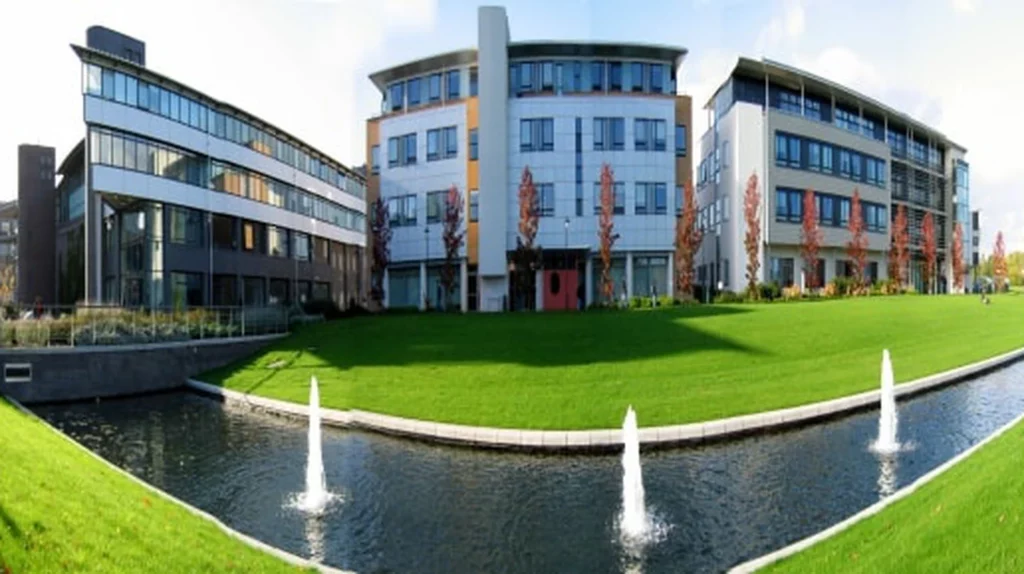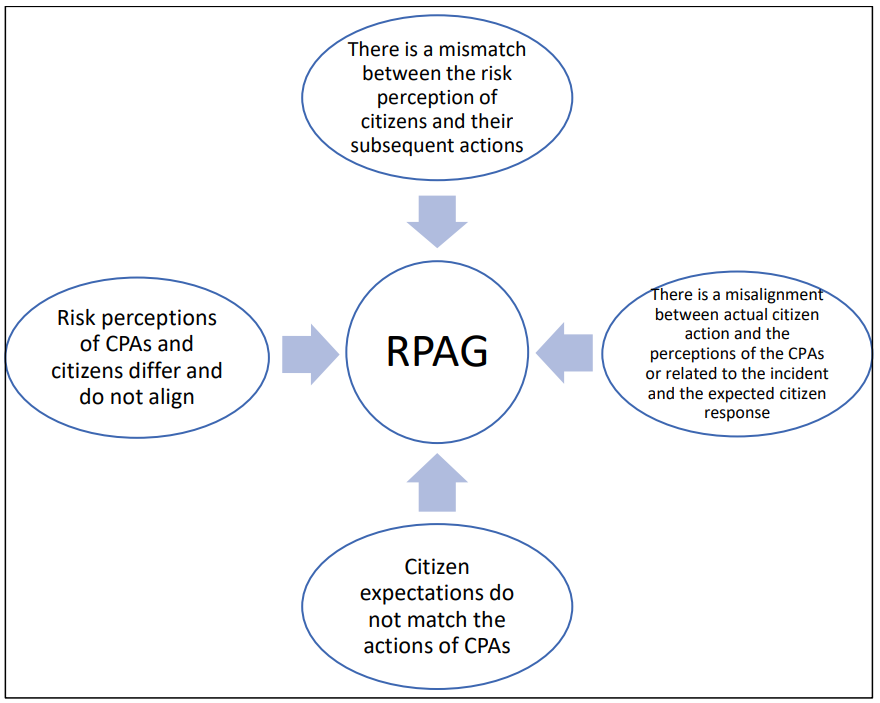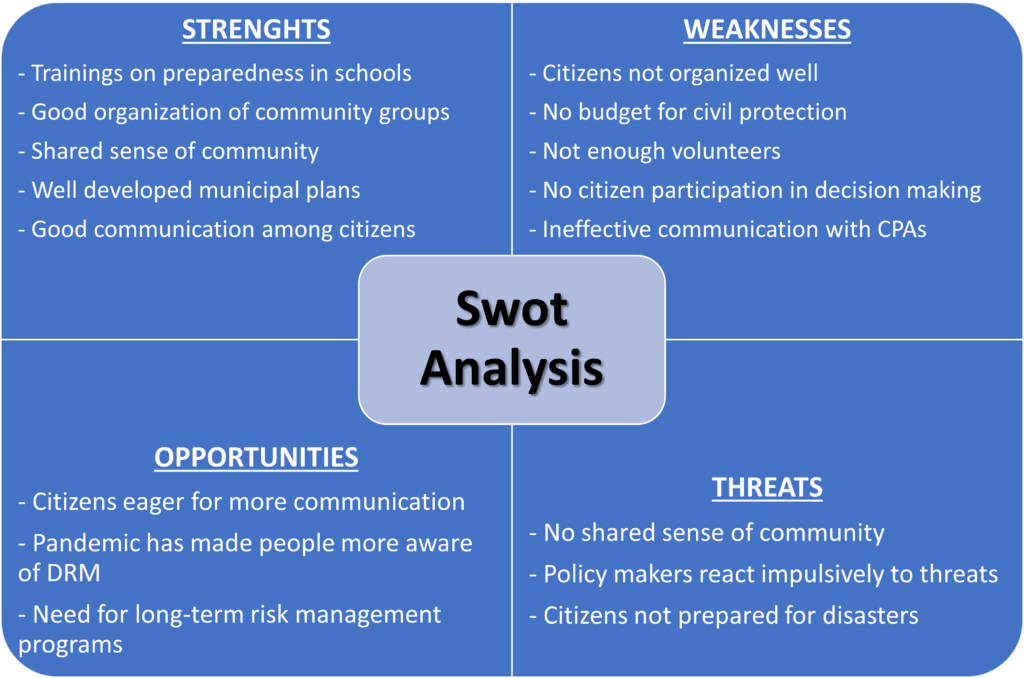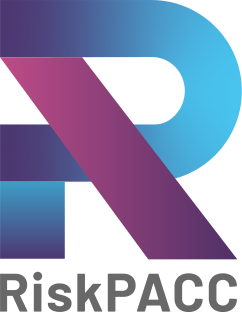“Engaging Citizens to expand understandings of risks, vulnerabilities and data collection opportunities” – Work Package 2 Leaders interview
“Engaging Citizens to expand understandings of risks, vulnerabilities and data collection opportunities” is the RiskPACC Work Package 2 led by Prof. Jon Coaffee and Dr. Vangelis Pitidis from University of Warwick.
Work Package 2 has been concluded on May 2022, and its leaders have been recentely interviewed in order to share their experience and work results.

Can you give some background to University of Warwick and your individual research interest?
The Warwick Team have been involved in EU research projects in disaster resilience for over 15 years. RiskPACC as a project is the offspring of research pursuits and interests the UoW team has been working with for several years. In more detail, the complex relationship between data and resilience, which has been only partially addressed in extant resilience scholarship, has been a major research topic for our research team during the past years, predominantly focusing on co-production and bridging the gap between top-down disaster risk governance delivery mechanisms and bottom-up initiatives in the context of disasters through data generation, collection and usage methods and practices. In fact, we have been developing and testing such participatory methods in Latin America in the last five years, particularly in Brazil and Colombia, focusing on Volunteer Geographic Information and dialogical engagement through mapping, and we were very keen to expand our knowledge and extent such practices through a wide implementation across different case studies in Europe. RiskPACC provided the ideal opportunity for us to do so.
As WP2 leaders, can you describe in more detail UoW’s role in the RiskPACC project?
UoW has been deeply involved in RiskPACC from the inception of the project. Prof Jon Coaffee was one of the leading authors of the project proposal and therefore the project was widely tailored to our team’s research interests. As a research team, UoW is involved in the majority of the project’s Work Packages, leading WP2 ‘Engaging citizens to expand understandings of risks, vulnerabilities and data collection opportunities’ and heavily influencing WP1, WP3 and WP4. Our major role was to lead the process of laying the conceptual foundations that will imbue future deliverables and empirical work of the project and will particularly be used in the exploration of the RiskPACC case studies. In this context, we have proceeded with setting working definitions for the most fundamental concepts of RiskPACC, namely disaster resilience, community resilience and risk perception, participated in data collection through discussions and semi-structured interviews and finally created a Roadmap to advance key actions in current State of the Art and ultimately support the bridging of the Risk Perception and Action Gap (RPAG) from a citizens’ perspective.

What do you find most interesting or challenging about UoW’s role in the RiskPACC project?
RiskPACC is a very exciting interdisciplinary project that brings together expertise, experience and knowledge from 9 countries and almost 20 institutions. Being able to participate in such a large and diverse consortium, including academic institutions, local authorities, community members and research hubs has been particularly exciting from an institutional perspective. Similarly, working across different countries and studying multiple risks, from earthquakes and wildfires to urban security and terrorism and adjusting community engagement methods and techniques to the socio-political, cultural and spatial particularities of each country has been both stimulating and challenging at the same time. Finally, working in such an interdisciplinary environment, with expertise spanning from social science and human geography to computer science and disaster response, is a process of continuous negotiation and management of vested interests and expectations of different stakeholders and thus can be quite challenging, as it has been sometimes in RiskPACC.

Can you share the results/findings of your WP?
WP2 has been concluded in May 2022 and all of our deliverables ( D2.1 “Evaluation and SOTA Summary Report (Citizens)“ – D2.2 “Community Consultation Report to identify how community resilience and risk perception operates in local settings“ – D2.3 “Gap Analysis and Roadmap of key actions to advance SOTA (Citizens)” ) have been accepted by the European Commission. The key message of our WP is that ‘Capturing and leveraging local knowledge through citizen-science and other participatory methods is fundamental for bridging the Risk Perception and Action Gap (RPAG) and strengthening community resilience’. Through our empirical analysis we have also established working definitions for disaster resilience, community resilience and risk perception, that will be used for the across the other project WPs and have also identified 18 key gaps categorised into four gap groups in Risk Perception and Action that will be addressed during the next phases of RiskPACC: I) Gaps between Theory and practice; II) Governance gaps III) Operational and implementation gaps IV) Data and technology related gaps.
